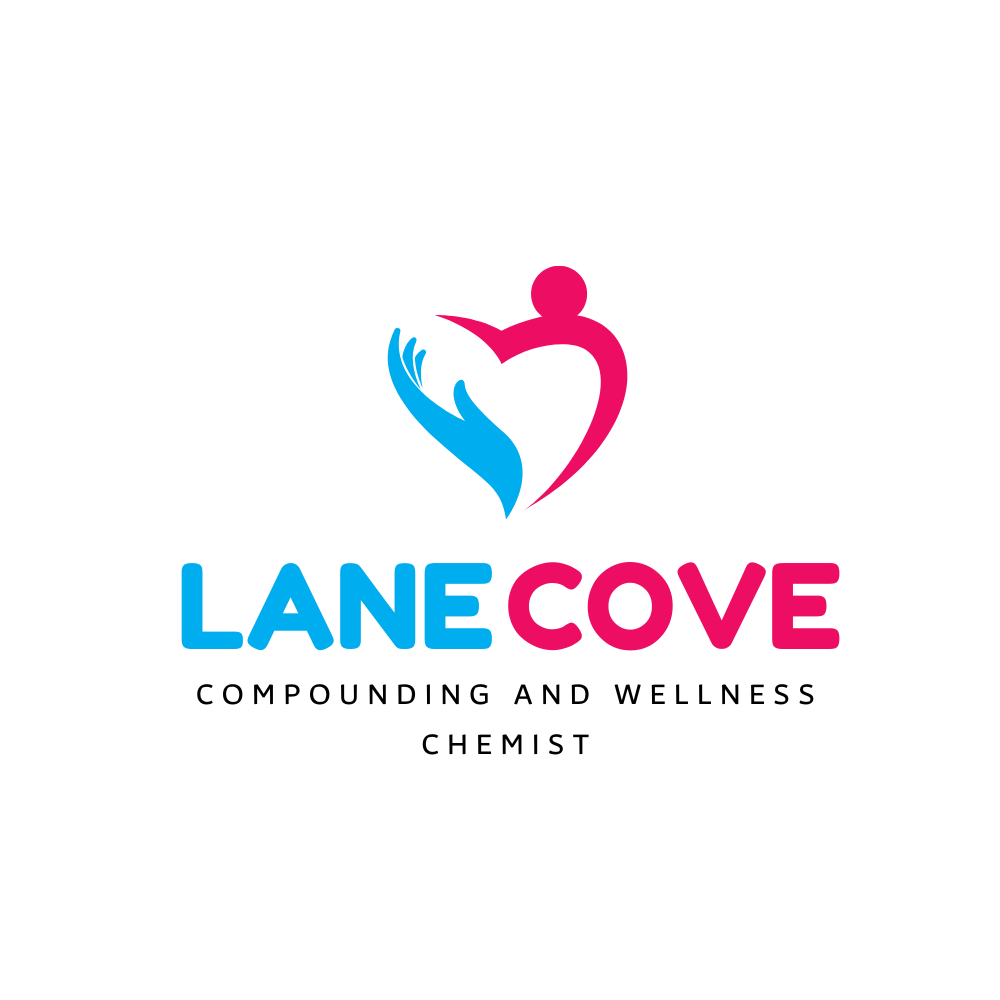The role of zinc in the body is often underestimated. Dietary zinc deficiency in the Australian diet is highlighted when an analysis of the Australian Dietary Survey that shows that most of us are deficient in zinc. That means to you that you should all supplement with zinc – but only in association with ALL of its known dietary co-factors.
Let me explain why this is…
you see … Zinc directly activates over 126 life-essential chemical reactions inside the cells of your body. Does that mean that if I just take zinc on its own then I will be healthy? No.
Be aware that zinc only works because it combines with particular elements. Not only that, but excess zinc can also deplete those same essential nutrients.
AND because they are all in sparse supply in your diet, they are referred to as micro-nutrients.
What foods are rich in zinc?
While the list is commonly known, I will issue a caution right here. That is – be aware that if one starts to choose foods on the basis of being rich in this or that micro-nutrient, then your overall diet may become hopelessly imbalanced.
Well, you might ask – just what are those co-factors, how much should I take and how do I get them?
I can tell you that is why I developed formulations that I call “Teen Caps”, ZinAc caps and “Winter Mix”.
That is because – you guessed it – zinc is involved in the growth requirements of people. It is also a major requirement of “enzymes” that activate various parts of your immune system that responds to infection.
But the bottom line of this discussion is that supplementing known dietary deficiencies with zinc only works very well when taken in proportion with its many other activating co-factors.
So, that is why we have made our own formulations in the lab because it is nearly impossible for a commercially-prepared single supplement to cater for all contingencies of ill health that may arise when your body becomes deficient in zinc.
